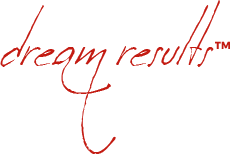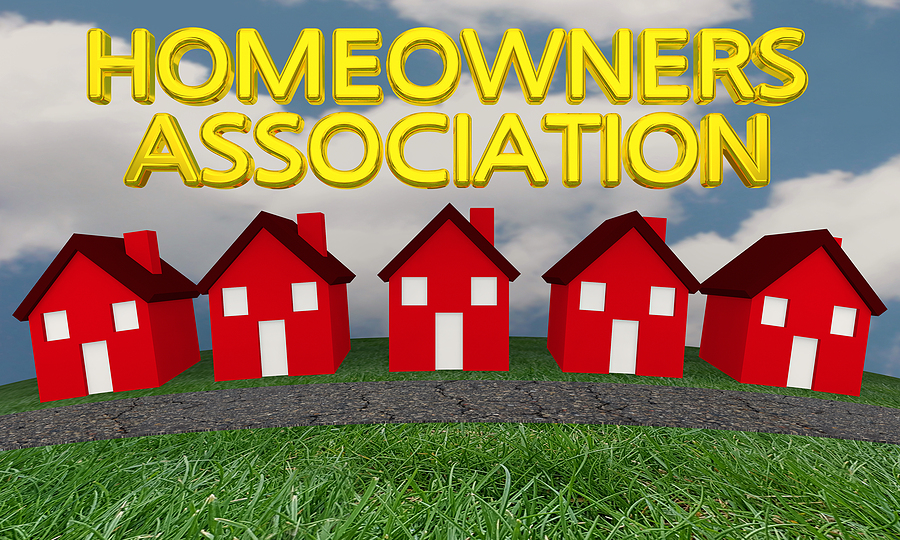Home Owners Association Fees - The Complex World of HOA Fee Collection: Challenges and Strategies
The art of collecting Homeowners Association (HOA) fees is akin to a high-stakes chess game, where HOA Boards find themselves navigating a labyrinthine maze of regulations. Unlike the well-defined rules governing condominium fee collections, which fall under the protective umbrella of the Condominium Property Act (CPA), HOA fees are subject to a different set of rules, dictated by the Societies Act or the Business Corporations Act. As we delve into the intricacies of HOA fee collection, we reveal the multifaceted challenges faced by HOA boards in their quest to balance the books.
HOA fees are typically underpinned by Encumbrances that are etched onto the titles of individual units within the HOA. However, the true complexity lies in the vast linguistic variations that these Encumbrances can adopt. Some are adorned with the magical words "equitable mortgage," transforming fee collection into a well-orchestrated symphony that harmoniously leads to foreclosure. This melodious process often includes solicitor-client costs, ensuring that the HOA incurs no financial hardship when it takes legal action.
Conversely, when the Encumbrance lacks the enchanting "equitable mortgage" phrase, it offers a mere glimpse of hope—a right of distress that permits the HOA to lay claim to personal assets. Yet, this is a seldom-used remedy, as HOAs typically balk at the notion of hiring a bailiff and the prospect of seizing personal assets. In such cases, the HOA's sole recourse is to initiate a legal battle to reclaim outstanding fees, a path fraught with financial peril. Here, the legal costs may swell to exceed the amounts owed by the owners, and the HOA finds itself unable to pass these costs onto the delinquent owner.
Further complicating the matter is the size of the outstanding HOA fees, which often pale in comparison to their condominium counterparts. This economic imbalance poses a conundrum, leaving HOAs to question the viability of pursuing fee collection until several years' worth of fees have accumulated. Yet, this strategic delay carries its own risks, as the Limitations Act and recent legal precedents dictate that collection is only feasible for the two years leading up to the initiation of a court action. Thus, procrastination could potentially bar HOAs from recouping long-overdue amounts.
In contrast to the robust protection afforded to condominiums via liens and caveats for condominium contributions, HOAs currently lack a similar streamlined process for securing their financial interests in HOA fees. This absence creates a significant roadblock to effective fee collection, as HOAs find themselves navigating a labyrinthine maze to recover overdue fees. Delays in initiating court action can further complicate the matter, leaving HOAs in a precarious position.
The world of HOA fee collection is a complex tapestry woven with legal intricacies and economic challenges, where there are no easy solutions. HOA boards find themselves navigating a landscape where the legal framework and collection strategies vary, akin to a chessboard with shifting pieces. In this intricate game, seeking expert legal guidance and exploring innovative fee collection strategies is crucial for HOAs to maintain financial health and ensure the sustainability of their communities.




